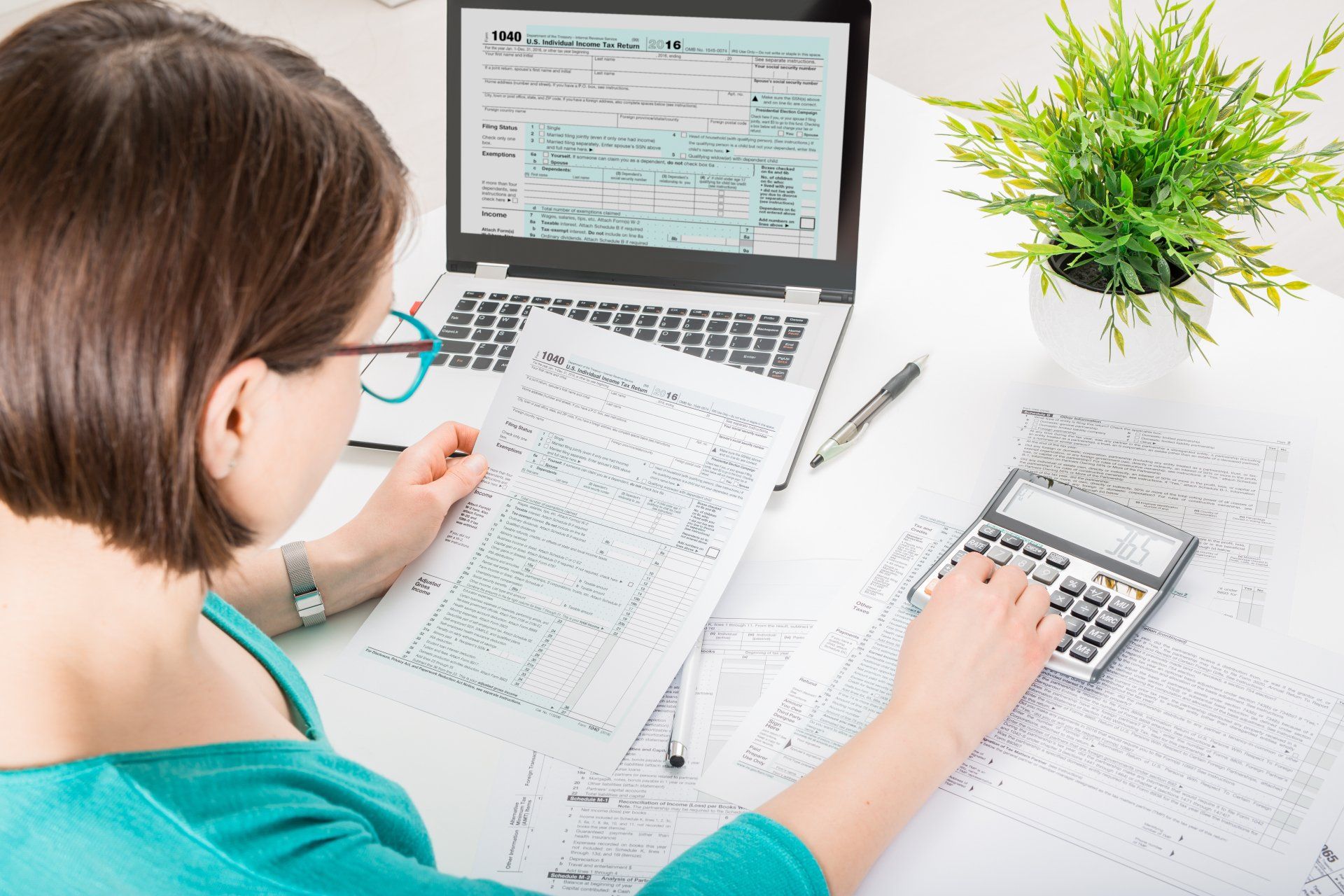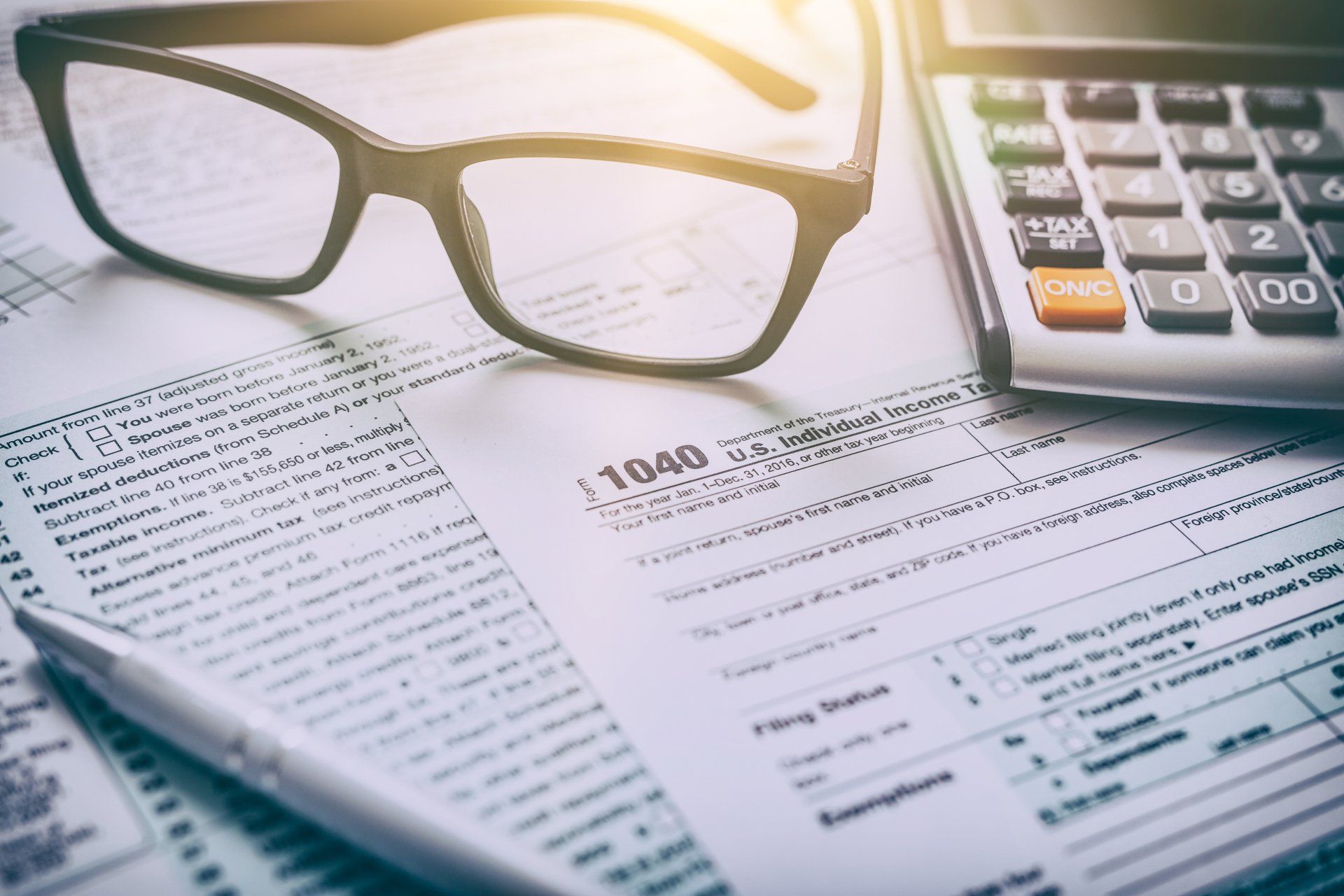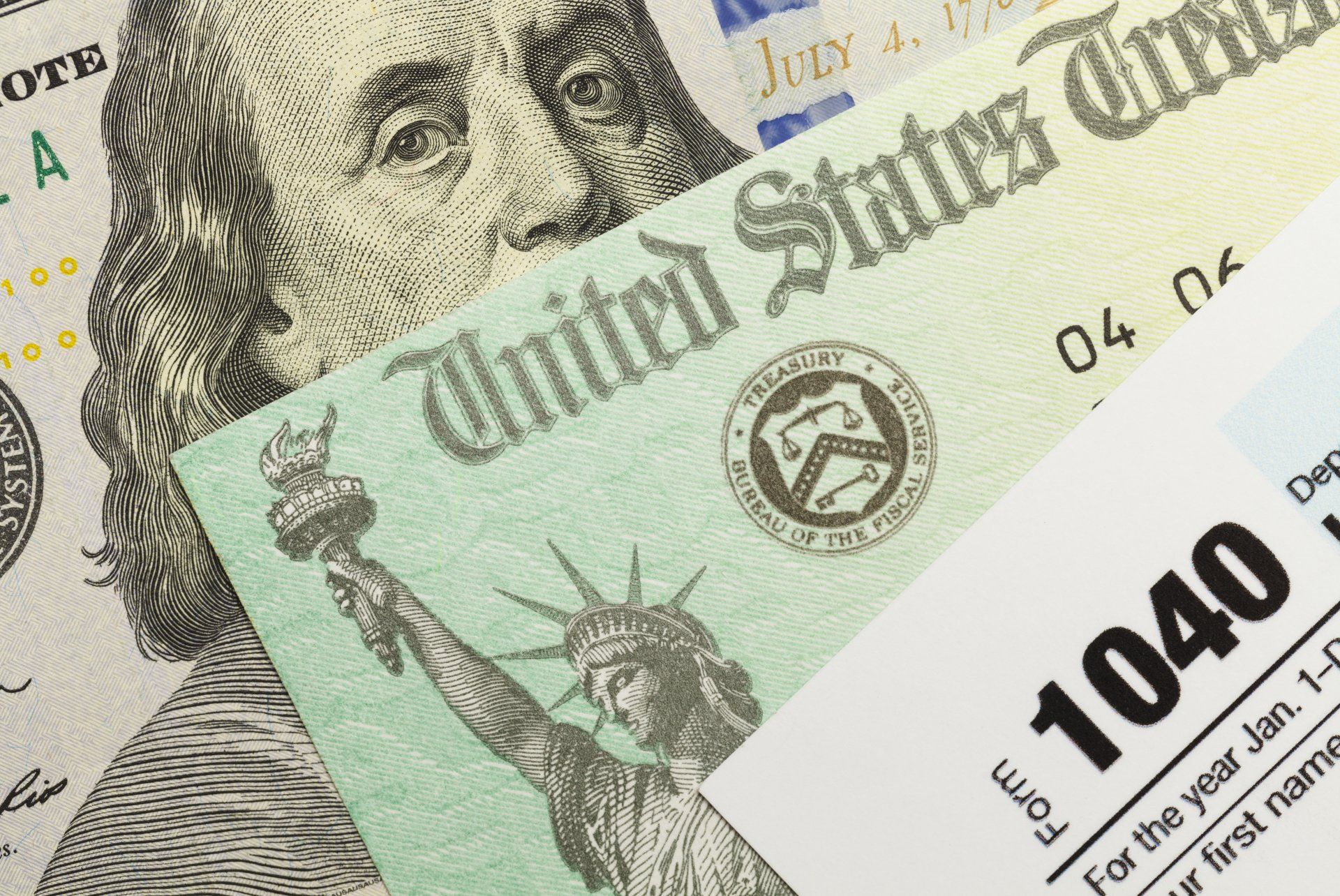Investor Deductions Under the TCJA

by Gregory S. Dowell
January 9, 2019
Some taxpayers spend a considerable amount of time managing their investments, and incur significant investment-related expenses, including the cost of subscriptions to financial periodicals, clerical expenses, etc. Under the Tax Cut and Jobs Act (TCJA), these expenses are not deductible for 2018 through 2025 if they are considered expenses for the production of income. To be deductible as trade or business expenses, the taxpayer would have to be considered as being in the trade or business of investing. Prior to TCJA, for years before 2018 and for years after 2025, production-of-income expenses would have been deductible, but were included in miscellaneous itemized deductions, subject to a 2%-of-adjusted-gross-income floor.
The bottom line is that these investment-related expenses are only deductible under TCJA if the taxpayer is engaged in a trade or business. As one might guess, qualifying as a trade or business in this setting is difficult. It is important to note that the Supreme Court held many years ago that an individual taxpayer is not engaged in a trade or business merely because the individual manages the taxpayer’s own securities investments, regardless of the amount of the investments or the extent of the work required.
The cards are initially stacked against any taxpayer trying to take the position that he or she is in the trade or business of investing. If a taxpayer can show that the investment activities rise to the level of carrying on a trade or business, however, the taxpayer may be considered a trader. As a trader, a taxpayer would be considered as engaged in a trade or business, compared to an investor. As a trader, a taxpayer is entitled to deduct investment-related expenses as business expenses. A trader is also entitled to deduct home-office expenses, if the home office is used exclusively on a regular basis as the trader’s principal place of business. An investor, on the other hand, is not entitled to home-office deductions, since the investment activities aren’t a trade or business.
Since the Supreme Court’s decision, there has been extensive litigation on the issue of whether a taxpayer is a trader or investor. The Tax Court has developed a two-part test that must be satisfied in order for a taxpayer to be a trader. Under this two-part test, a taxpayer’s investment activities are considered a trade or business only where both of the following are true:
- the taxpayer’s trading is substantial (i.e., sporadic trading won’t be a trade or business), and
- the taxpayer seeks to profit from short-term market swings, rather than from long-term holding of investments.
So, the fact that a taxpayer’s investment activities are regular, extensive, and continuous isn’t in itself sufficient for determining that a taxpayer is a trader. In order to be considered a trader, a taxpayer must show that securities are bought and sold with reasonable frequency in an effort to profit on a short-term basis. On a sobering note, one case found that even a taxpayer who made over 1,000 trades a year with trading activities averaging about $16 million annually was held to be an investor because the holding periods for stocks sold averaged about one year.










